Buying an electric vehicle (EV), especially for the first time, is an exciting process. But it can be a little daunting – the technology is completely different, the options are fewer than ICE (petrol or diesel) vehicles and there are some unique things to look out for compared to a traditional vehicle. In this guide we explore the process of buying an EV, from shopping around through to red flags to avoid. We recommend doing plenty of research online before committing to a specific EV, so you have the confidence to choose a model and seller properly.
Top considerations when buying an EV

Deciding whether an EV is right for you
We’ve got a full guide on ‘Are EVs worth it?’ so head over to that resource for a deep dive into the common questions of value. We don’t believe EVs are necessarily right for everyone at this stage, as your own budget, tastes and driving habits can determine this. That said, we’d encourage you to learn as much about EVs and the ownership experience before getting too far down the road!
The price ranges for electric vehicles
If you’re buying new, then an EV purchase will sit around the high 40k mark at the time of writing. This is always subject to change, and likely will as electric vehicle production gets cheaper through economies of scale and competition. Like regular vehicles, EVs are available in the luxury category too - with plenty to choose from in the hundreds of thousands.
In the used market, which you can get a flavour of by searching a site like TradeMe, you’ll find all sorts of price ranges. Encouragingly, EV options are becoming available, used, within reach of most motorists. One thing to remember though – an older EV will need its battery health checked to ensure you know whether you’re in for a replacement cost any time soon.
Perhaps the biggest difference between EV and petrol vehicles in price range is the sheer choice you’ve got in the petrol/diesel space at all prices. The electric vehicle industry is simply not matured yet, so expect to come across plenty of used Nissan Leaf models in your hunt (great choice, by the way!).

Finding the best places in your area to buy
Buying an EV in New Zealand is becoming easier, as more models enter the market and used dealers’ inventory increasingly features electric vehicles alongside traditional vehicles.
Local dealers
Search for car dealerships in your area – if there’s a large selection, reading reviews online can help create a shortlist of places to visit. This will at least help you get started, including test driving models.
Visit manufacturers’ websites
Check out the options online from brands selling EVs, too. It can be much easier to collect key bits of information and compare models online, than visiting in person. These websites will have local dealer information in most cases, helping you find approved sellers in your area.
Used car dealers
If you’re looking to buy used, you can look for a used car dealer that comes with good reviews. Some used dealers will specialise in EVs, although it’s much more common to find a dealer that sells a mix of everything.
Online marketplaces
Marketplaces are ever-expanding, and while there may be a few more checks and risks involved – buying and selling privately is still a good avenue to explore. If you’re ever unsure about anything in a potential used car purchase, you can always have it checked by a qualified service provider before you buy it.
What to look for when choosing an EV
Along with the typical features of a new vehicle purchase, there’s some EV-specific details to consider:
- What’s the rated range of the vehicle? This will vary depending on the battery size, vehicle size and other factors. It’s a good comparison metric to use, but remember that range is impacted by lots of things such as how you drive the car, going up hills, the weather and charging habits.
- What’s the rated lifespan of the battery? That means, how long will it last before you need to pay for a replacement. This is usually the most expensive one-off cost associated with long term EV ownership, if you keep the car for long enough.
- Driving features such as internet connectivity, entertainment, regenerative braking and autonomous driving or parking.
- How well the model is reviewed. Jump online and do some research around your prospective EV model – not just official auto publications, but communities like Reddit and even social media to get a sense of how users are finding it.
- The manufacturer of that model and what they’re like to deal with. Ownership of an EV comes with potential maintenance and other interactions with the brand, so it’s a good idea to choose a manufacturer with a solid reputation.
- The practicality of the model. This one applies to any car, but make sure the interior is comfortable and large enough for your needs. It’s also worth understanding how powerful the vehicle is, so you know if it’ll meet your needs.
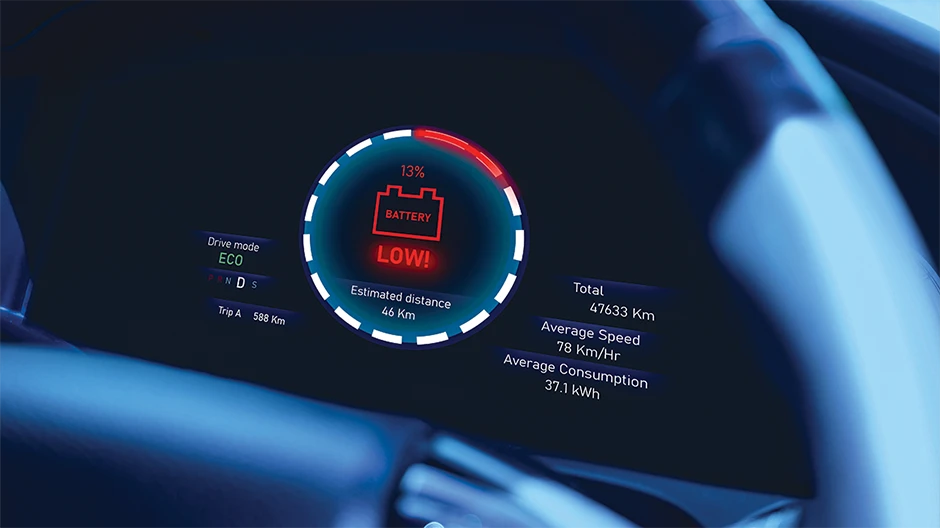
Going new or used? Some food for thought
Many of us opt for a second-hand car in New Zealand, enabling us to get more for our budget. You’ll know a used car comes with extra considerations, such as checking the condition and history of the vehicle. For an EV, these apply too, but you’ll also want to check the condition of the battery. As we mentioned above, this is usually an expensive bit of maintenance to replace.
Whether you go new or used is a very individual choice. A new EV gives you a full-length warranty and complete peace of mind around your car’s history. However, the EV used market is growing rapidly, as more motorists look to offload their old electric car for a different one. You might decide that an EV that’s just a few years old allows you to get a better car for the same budget as you’d spend new.
Red flags on a used EV
Going the used route? Take care to look for:
- The condition of the battery – this is a critical part of an EV’s performance and ownership experience. If the battery has degraded to a certain level, it needs replacement. Talk to the seller about their battery condition, but also check the diagnostics on battery health that should be available via the car’s dashboard display and/or an accompanying app.
- Accident history – check to see if the EV has been in an accident. This can be an issue for an EV if any of the components around the battery and motor were impacted.
- If the EV’s been driven in extreme cold or hot weather frequently. This is hard to discern sometimes, although it's worth having a conversation with the owner or dealer about the car’s daily usage before selling. Extreme temperatures can wear on an EV’s battery and performance.
- Offered for a steal? Dig a bit deeper. The EV used market is now at a size where you can sense-check a price against the range found on online marketplaces. If you’re being offered an EV for dirt cheap, don’t skip on any due diligence, as it could be indicative of some underlying issues with the car (not always, but it can be the case).
Read more in our full guide ‘Things to look out for with a used EV’.
Assessing your home before buying
Think about your home and the access it offers your vehicle. While having a garage can be helpful for EV owners to charge and protect their car from the elements, it’s not necessarily a deal breaker. There are EV owners who get by in a covered carport or even uncovered on a driveway. The big consideration is how easy it is to charge your EV. If uncovered, you’ll want a qualified electrician to install a weather-proof outlet on the home, or advise you on how to safely get power from your home to your EV.
For garages and carports, power outlets are a must to charge easily. Typically EVs offer slow charging through your typical three prong power outlet. If your budget allows, you may want to consider a dedicated EV wall charger that can give you more control over the charging – including more power to top up faster.
On-street parking can present some challenges. You’re not allowed to have cables running across the footpath or street for safety reasons. However, the infrastructure to help residents charge is being introduced, including in Wellington City.
Rebates and discounts – a changing factor
A clean car discount existed in New Zealand until the end of 2023.
Chat to your insurer
Insurance for EVs works similarly to petrol or diesel cars, but you should find out what’s included and excluded from the policy with your specific insurer. Coverage may include the charger as well as components of the vehicle.
All things EVs
Thinking of making the switch? We’ve got info on what they cost, why they’re great and heaps more to help you on your journey.
All articles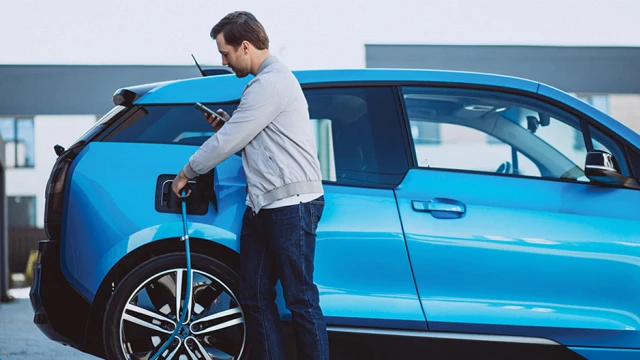
Owning an electric vehicle in New Zealand
An EV doesn’t just mean different technology, it brings with it different habits than those of a regular car.
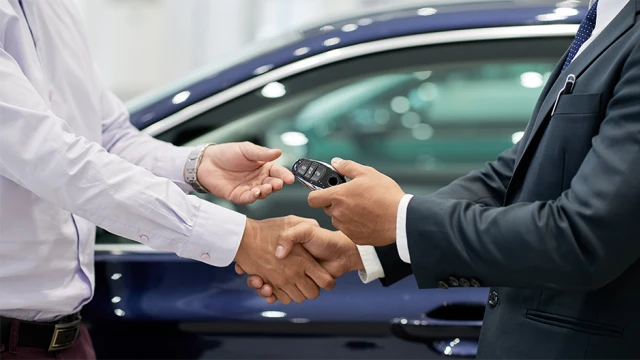
Things to look out for with a used EV
In this guide we cover the main parts of a used EV to check – whether that’s at a used car dealer or in a private sale...
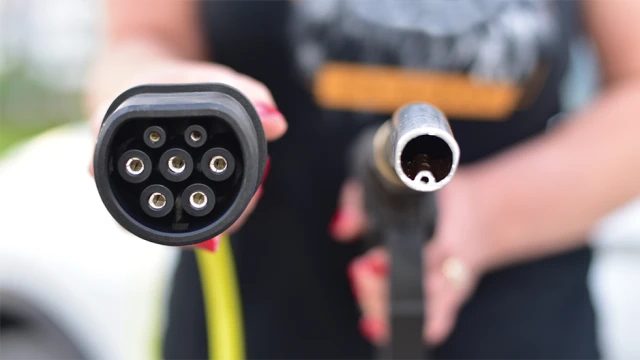
Electric Vehicles vs. Petrol or Diesel - Pros and Cons
Let’s talk about some common pros and cons that you might find with EV vs. ICE so you can make an informed decision on...
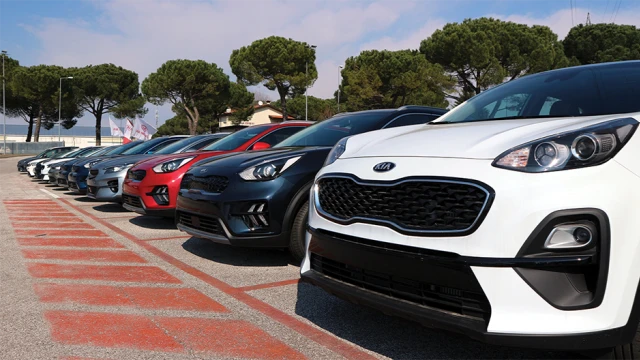
Comparing different EV options
In this guide, we provide some handy tips that you can refer to when comparing electric vehicles on your shortlist.
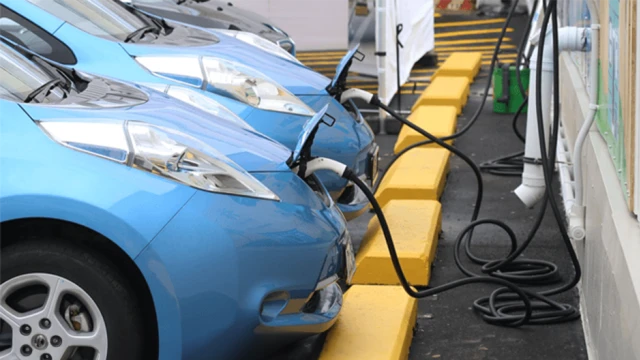
Useful information about EV charging at your business
Getting charging infrastructure for your business has many benefits. Here’s some important things to keep in mind.
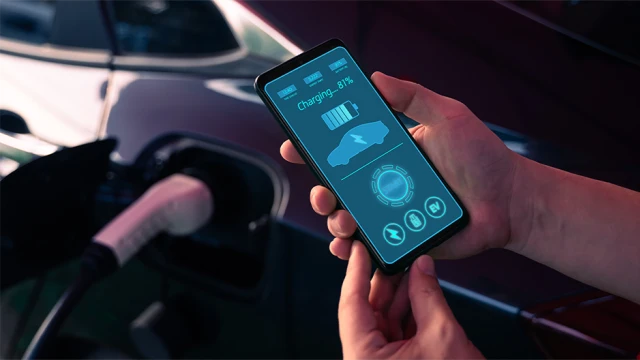
The guide to EV batteries
This guide will give you a head start when shopping around for an EV, or to simply understand your existing electric...

We’re levelling up the way we do transport
At Meridian, we’re committed to demonstrating our support of low emissions transport on the roads and in our waterways.
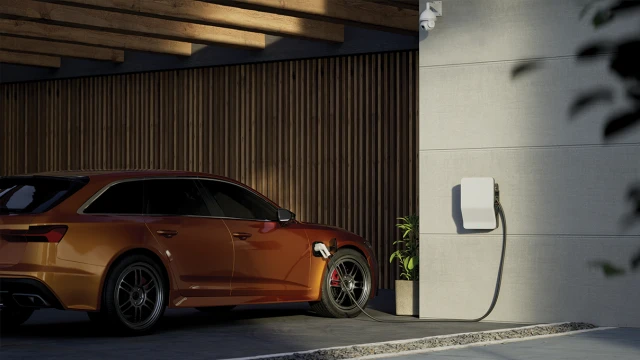
Are EVs worth it?
Many people are asking this question when shopping for a new vehicle. In this guide, we'll tackle whether you should...

Choosing an EV for a family
Any car purchase is a big deal, and it takes time to find the right model. Our guide below explores the family car...
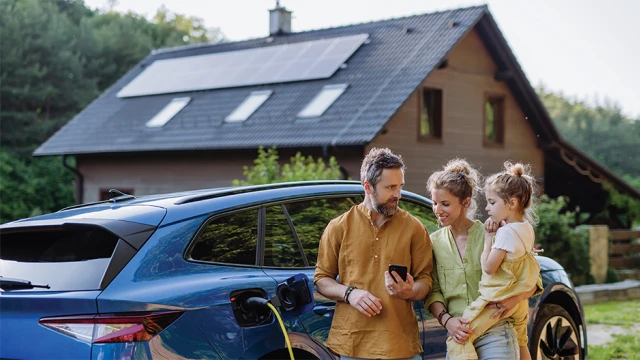
How to integrate home solar and an EV
In this guide, we’ll help you get started in your planning to have solar and EV in the home.
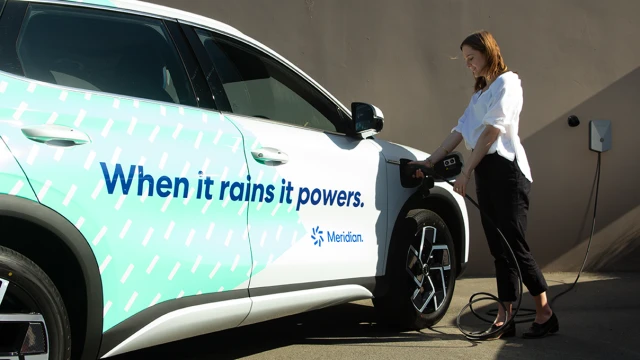
Considering an EV? The top three considerations for EV charging
When it comes to EV ownership, energy is often the last thing considered. Find out the top considerations for EV...
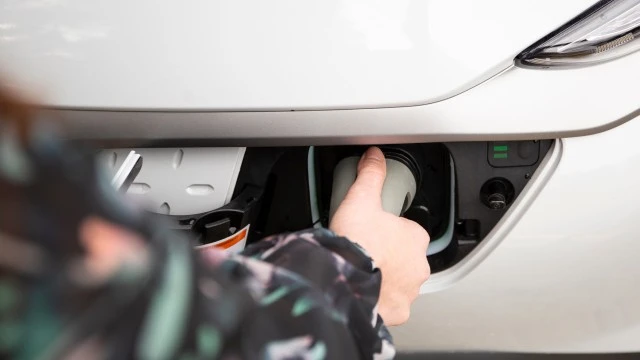
Charging EVs
Unlike petrol stations, chargers for your EV aren’t quite so common. Don't worry though, you’ve got options.
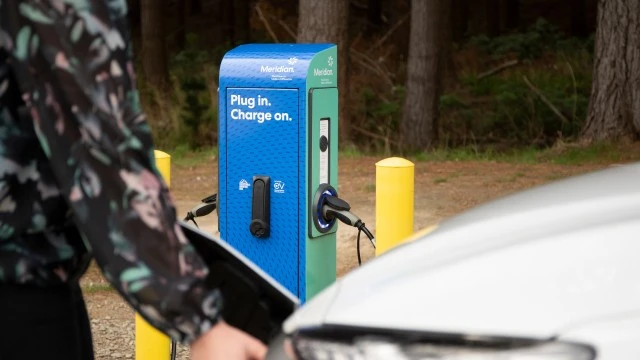
Plug vs pump – an electric car cost comparison
How much does it cost to buy an EV? And how much does it cost to charge?
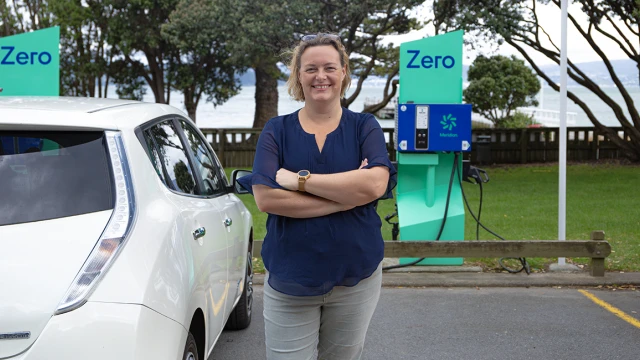
Is it worth buying a second-hand Nissan Leaf?
We chatted with Sophie about buying and owning a second-hand Nissan Leaf and how that’s working out for her family.
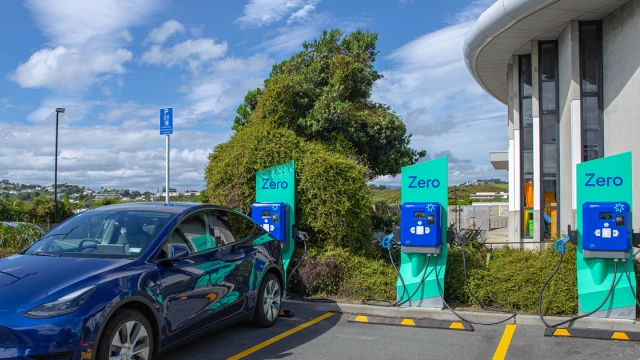
The top 5 unspoken rules of public EV charging
Don’t be that person… the one who bothers other drivers at public EV charging stations. Lucky for you, we’ve got the...